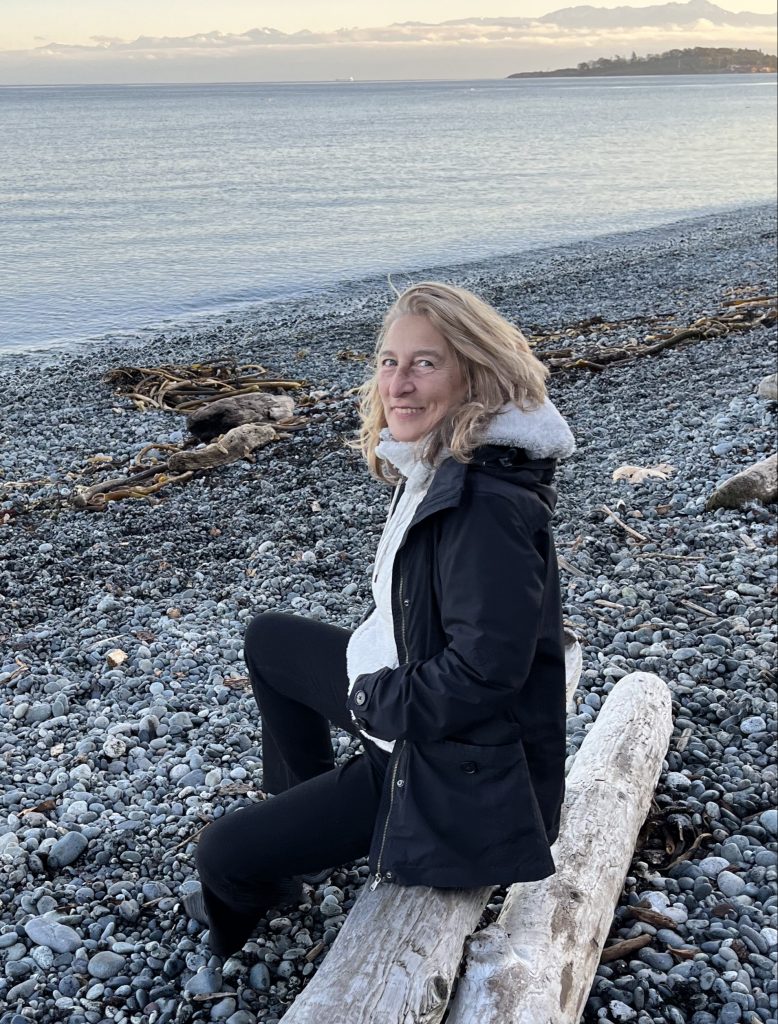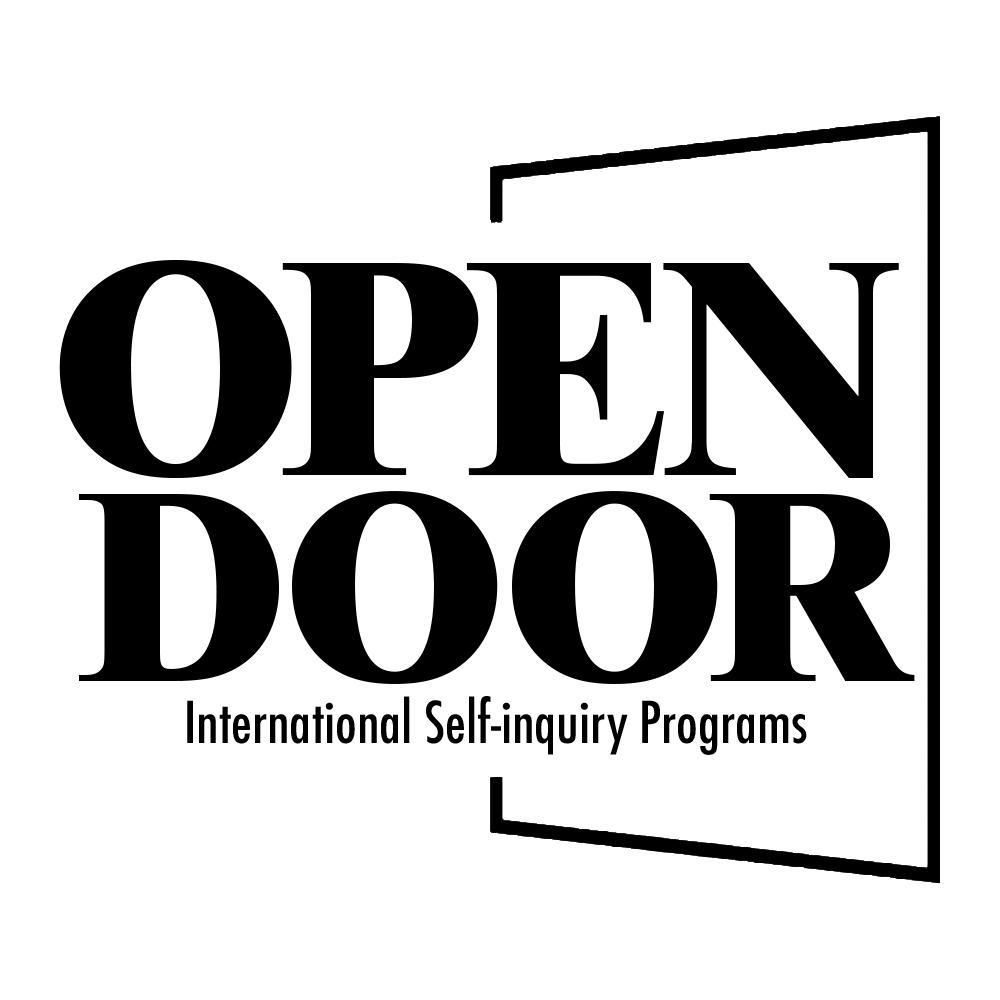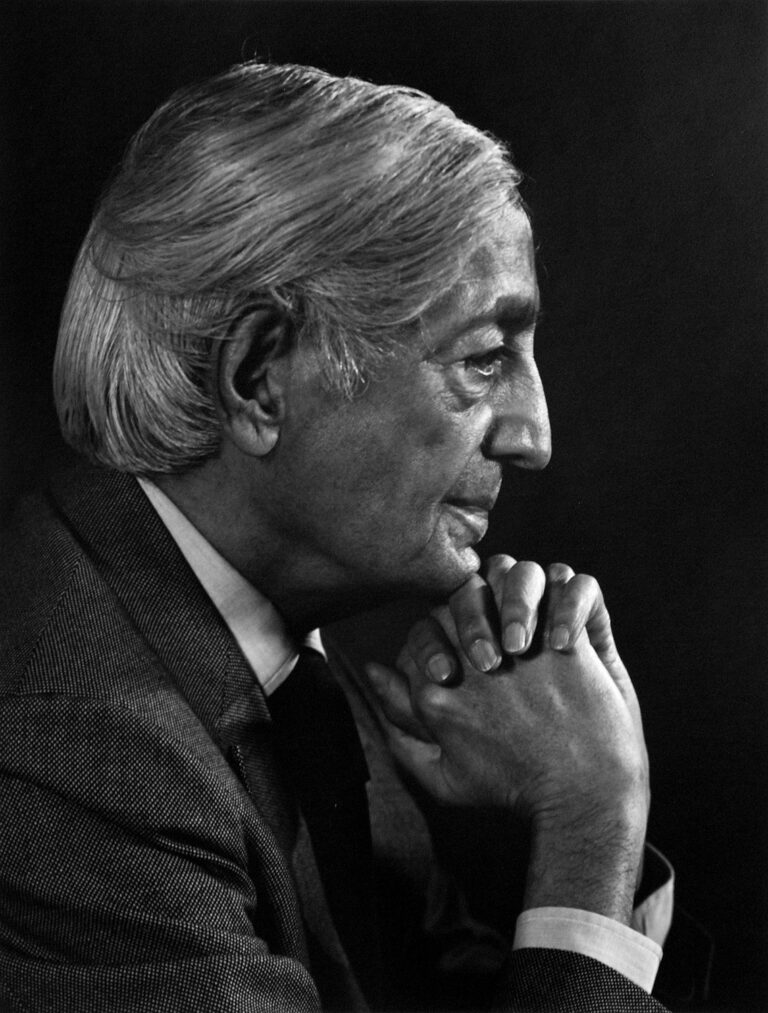
This facilitator is in no way an authority or 'Krishnamurti Teacher'. She speaks in her own name and moves together with all other participants on a journey of self inquiry.
She may help organise retreat programs, but truth and awareness can never be organised, nor administered by another: it can only be discovered simply and naturally for oneself.
Reflections: What is a Dialogue Facilitator?
So when it comes to participating in self inquiry groups like these, my conditioned mind can naturally make the facilitator into an authority…
Somehow, we love to follow the leader.
Without realising, we do what others tell us to do. Other people advise us what to think; persuade us what to believe in.
All this began with our parents, our teachers, our bosses and the political leaders. In the larger scheme of things it’s always been part of human history to look up to kings, queens, generals, priests and gurus. Thinking for ourselves has often, in fact, been rather a risky business, with all these authorities around who have “say” and we don’t.
When I do not have anybody explicitly guiding me or telling me how to act, I may feel lost: perhaps entitled even, to the safety of a protective power. I may fear those in control, yet fear more the absence of them.
So when it comes to participating in self inquiry groups like these, my conditioned mind can naturally make the facilitator into an authority. A figure to appreciate or to criticise. I might not be aware that I am doing either: just as I’m not aware of the influence of authority that might unwittingly be dictating my thoughts and outlook.
If there is to be genuine investigation of a theme happening in a group, there cannot be any sense that the facilitator knows or should know more than me. Can I see the issues as they emerge, for myself? Face the music honestly and alone – yet circled amongst others in dialogue.
So really, we are all “facilitators” in a dialogue; facilitating the communication and exploration as it operates (or not) between us. Am I fully present and listening carefully to what is taking place in the dialogue – or am I leaving it up to others?
Is there really any need for anyone to assume ascendancy when we are friends looking together, equally interested, equally engaged with the questions at hand?






